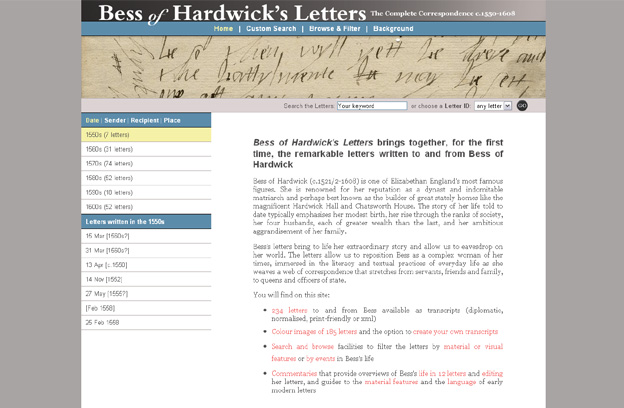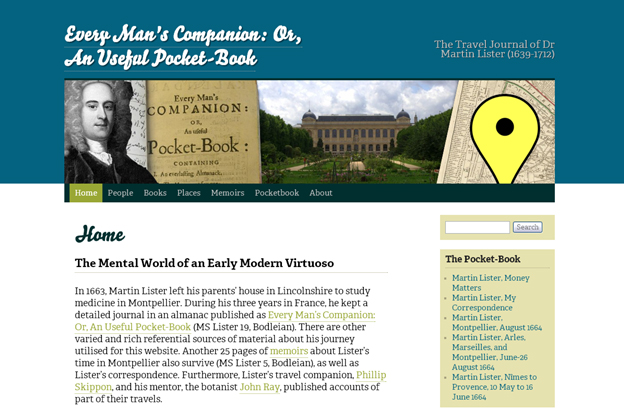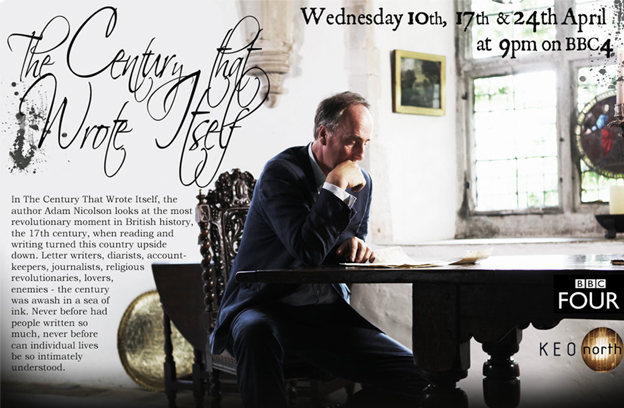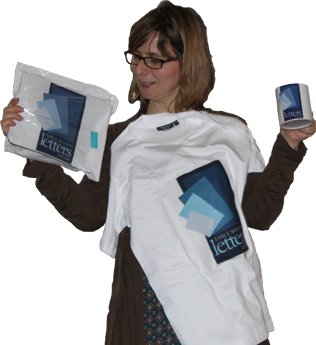Sixty years on from the coronation of Elizabeth II could be a moment to consider the coronation of another British queen for whom this time-honoured ceremony ran neither seamlessly nor to plan. Not only did the bishops apparently forget the communion bread and wine but it seems the crown was put on askew by the Archbishop of Canterbury and the Queen herself was obliged to readjust it. Subsequently, as the Scottish Episcopal bishop Archibald Campbell relates in his letter to the non-juroring bishop Thomas Brett, the crown fell off entirely.
Given the date of 17 October, and the reference to Henry Gandy’s age and susceptibility, we may deduce that the letter was written in 1727 and that the monarch in question was none other than Caroline of Ansbach, wife of George II and the first queen consort to have been crowned since Anne of Denmark. This dual coronation, conducted by the then-ailing Archbishop William Wake, took place on 11 October 1727 and was the ceremony for which Handel composed his four renowned anthems (‘Let thy hand be Strengthened’, ‘Zadok the Priest’, ‘The King Shall Rejoice’, and ‘My Heart is Inditing’ – there is some confusion regarding what was played when during the service, once again resulting from the hand of the hapless Wake) which have been used in every coronation service since. As to Campbell’s somewhat uncharitable commentary, we are left wondering if the crown itself really did fall to the Abbey floor or whether we’re witnessing a characteristic instance of epistolary exaggeration. If anyone is able to supply us with further details of the ceremony, we would like very much to hear…









